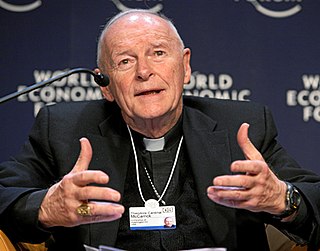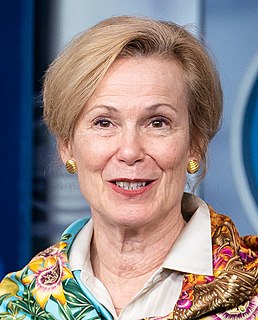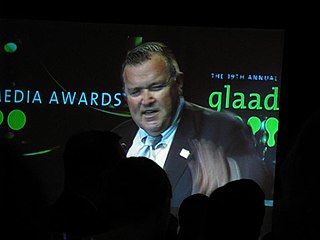A Quote by Shereen El Feki
Where you criminalize people living with HIV or those at greatest risk, you fuel the epidemic.
Related Quotes
It's a misnomer to say you can criminalize one part of the transaction and not criminalize the entire transaction. For example in Sweden, where the law was passed in 1999. Those laws didn't actually decriminalize people who sell sex; they introduced new criminal penalties for the people who buy sex. Nothing changed in the legal status for the sex workers themselves. It's impossible for them to operate a legal business. When you criminalize part of a transaction, you're creating collateral damage for all those engaged in it. You are now making them work in a criminalized context.
Drug warriors' staunch opposition to needle exchanges to prevent the spread of HIV in addicts delayed the programs' widespread introduction in most states for years. A federal ban on funding for these programs wasn't lifted until 2009. Contrast this with what happened in the U.K. At the peak of the AIDS epidemic in the mid-1990s, the HIV infection rate in IV drug users in the U.K. was about 1%. In New York City, the American epicenter, that figure was 50%. The British had introduced widespread needle exchange in 1986. That country had no heterosexual AIDS epidemic.
The two greatest enemies of the individual in the modern world are communism and psychiatry. Each wages a relentless war against that which makes a person an individual: communism against the ownership of property, psychiatry against the ownership of the self (mind and body). Communists criminalize the autonomous use of capital and labor, and harshly punish those who "traffic" in the black market, especially in foreign currencies. Psychiatrists criminalize the autonomous use of the self, and harshly punish those who "traffic" in self-abuse, especially in self-medication and self-destruction.






























